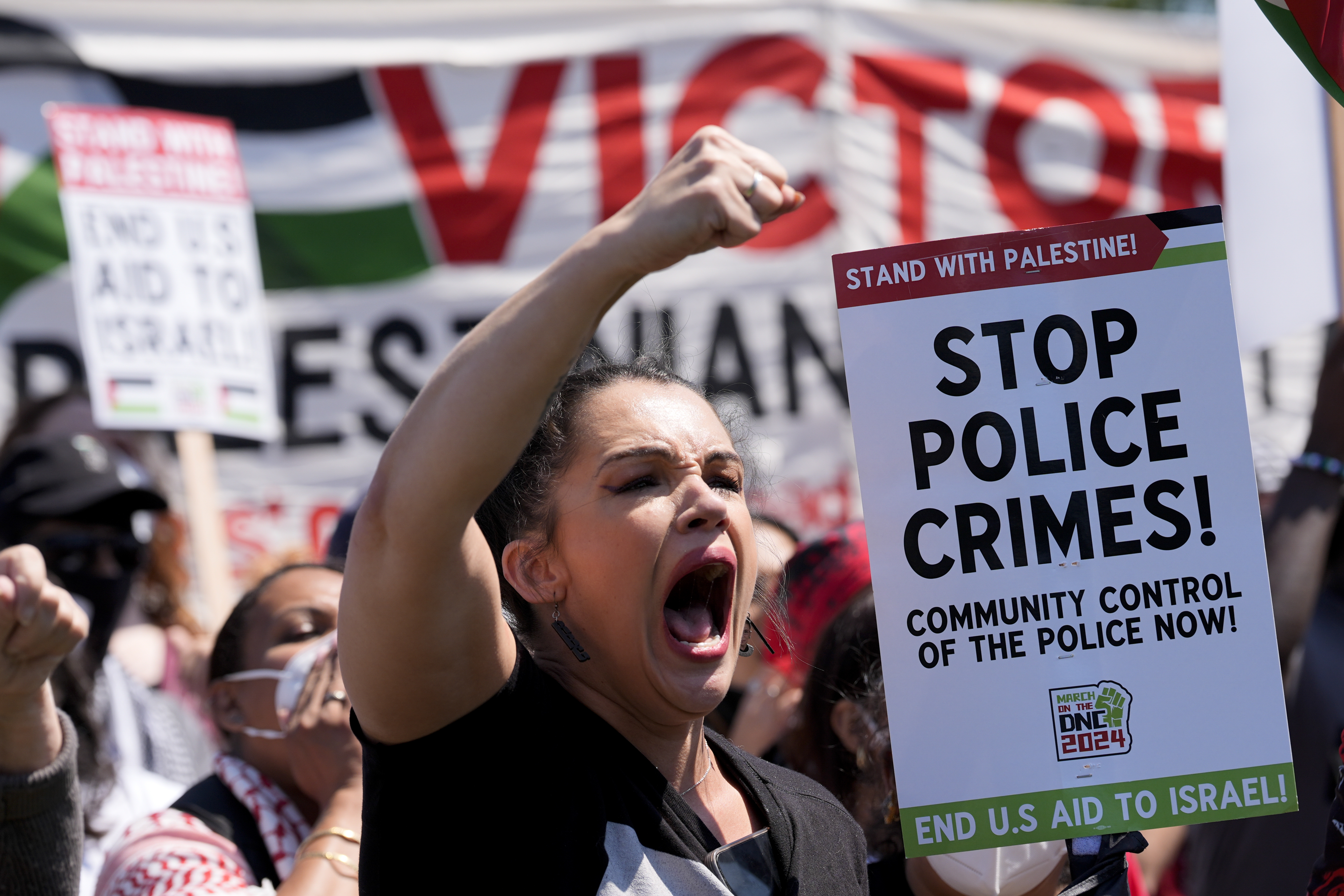73
March on Democratic National Convention
Overview:
Event: A large-scale march took place at the Democratic National Convention (DNC), attracting significant attention and sparking discussions about its purpose and impact. Story: The march, organized by various activist groups, aimed to address several key issues and demand changes from the Democratic Party and its leaders.
Key Highlights:
- Purpose of the March: The march was organized to advocate for a range of issues including electoral reforms, climate change action, and social justice. Protesters used the platform to push for specific policy changes and to hold Democratic leaders accountable.
- Participants and Scale: The event saw participation from thousands of activists, supporters, and concerned citizens. The diverse group represented various causes and highlighted a broad spectrum of demands.
- Key Demands: Among the primary demands were calls for more aggressive climate policies, reforms to the electoral system, increased funding for social programs, and enhanced protections for marginalized communities.
Detailed Analysis:
- Activist Groups Involved: The march was supported by a coalition of activist organizations and grassroots groups. Each group brought its own agenda and specific issues to the forefront.
- Impact on the DNC: The march aimed to influence the discussions and decisions made at the Democratic National Convention. By highlighting these issues, the organizers hoped to sway the party’s platform and policy positions.
- Response from the Democratic Party: The Democratic Party’s response to the march has been mixed. Some party leaders acknowledged the validity of the concerns raised, while others expressed criticism or dismissed the demands as unrealistic.
Community and Expert Response:
- Public Reaction: The public reaction to the march was varied. Supporters praised the activists for drawing attention to important issues, while critics argued that the timing and methods of the protest were problematic.
- Media Coverage: The media covered the march extensively, focusing on the scale of the protest, the issues highlighted, and the reactions from both participants and political figures.
- Expert Opinions: Political analysts and commentators have weighed in on the potential impact of the march. Some view it as a significant statement of public sentiment, while others question its effectiveness in achieving tangible results.
Cultural and Political Significance:
- Influence on Policy: The march underscores the ongoing tensions within the Democratic Party and reflects broader societal debates about policy priorities and political strategies.
- Activism and Public Engagement: The event highlights the role of activism in shaping political discourse and influencing party platforms. It also demonstrates the power of public demonstrations in drawing attention to specific issues.
- Electoral Implications: The timing of the march, coinciding with the DNC, suggests a strategic effort to impact the party’s electoral strategies and policy decisions leading up to the upcoming elections.
Outcome:
- Ongoing Dialogue: The march has initiated ongoing discussions between activists, party leaders, and the public. The issues raised are likely to continue influencing political conversations and decisions.
- Future Actions: The march may lead to further actions and protests, as activists seek to maintain momentum and push for the implementation of their demands.
- Impact on the DNC: The direct impact of the march on the DNC’s decisions and platform will be assessed in the coming weeks as party leaders respond to the concerns raised.
SOURCE: CBC NEWS


